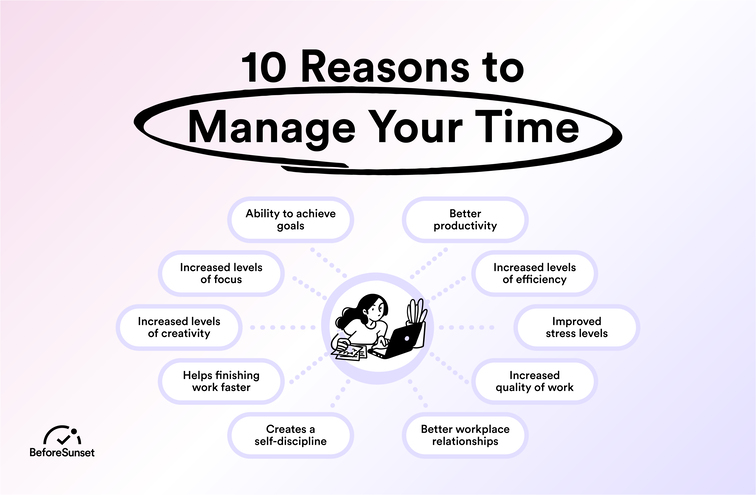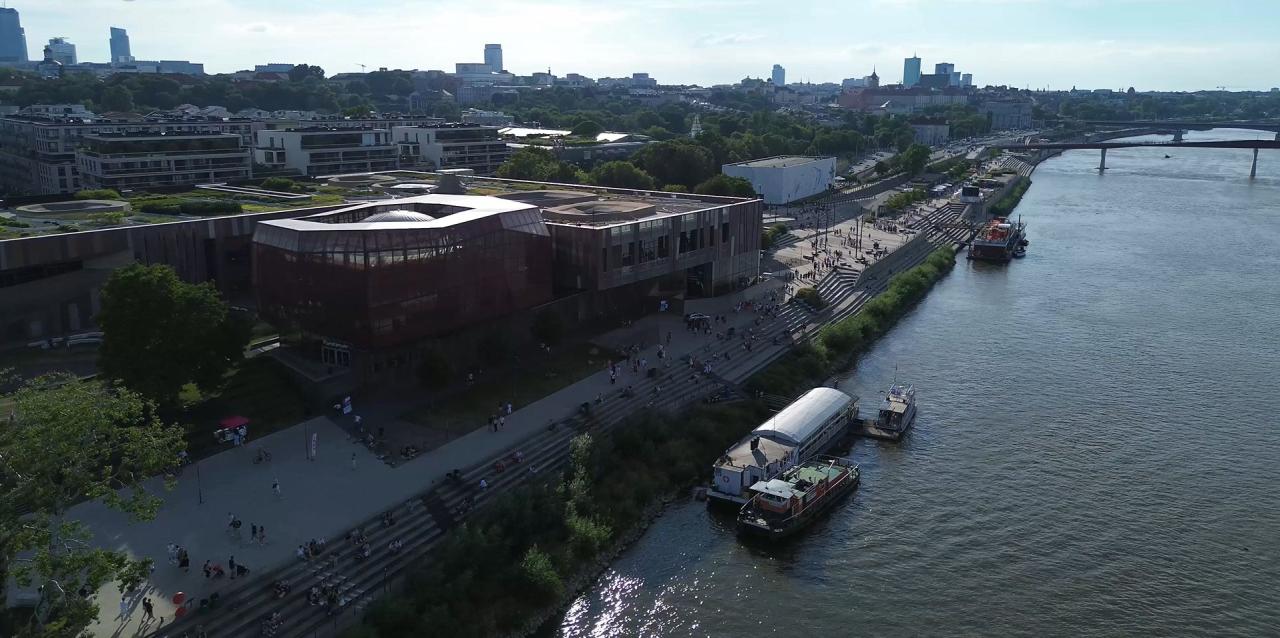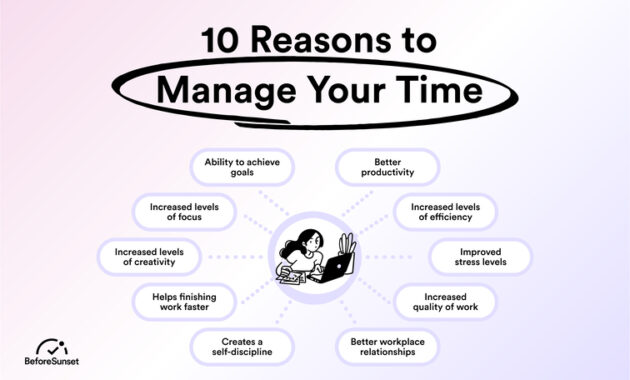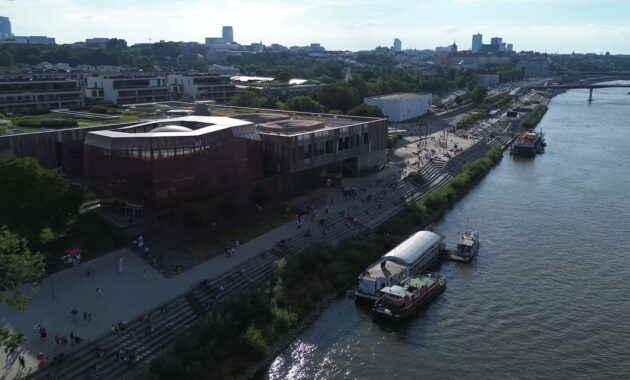How to Pick the Right Finance App for Your Needs is a crucial inquiry for anyone looking to simplify their financial management. With the proliferation of finance apps available today, understanding how to navigate this landscape to find the perfect match for your personal financial goals is essential. These applications vary widely in functionalities, user experience, and adaptability, making informed choices increasingly important in our digital age.
This landscape encompasses a variety of app types such as budgeting tools, investment trackers, and expense management systems, each designed to cater to specific financial needs. By exploring the features, benefits, and potential limitations of different finance apps, users can better identify which tools align with their financial objectives and lifestyle.
The internet has revolutionized the way we communicate, conduct business, and access information. Over the last few decades, it has fundamentally transformed societies worldwide, creating both challenges and opportunities. One of the most significant impacts of the internet is the acceleration of globalization, enabling instantaneous communication and transaction capabilities across vast distances. This article aims to explore the various dimensions of the internet’s impact on contemporary society, including its effects on communication, commerce, education, and social interactions.### The Evolution of CommunicationThe advent of the internet has drastically altered how individuals and organizations communicate.
Traditionally, communication was largely limited to face-to-face interactions or paper-based correspondence. However, the introduction of email, instant messaging, and social media platforms has made it possible for people to connect in real-time, regardless of geographic location. This has led to the emergence of a global village, where cultural exchanges are more frequent and diverse.Moreover, the internet has increased accessibility to information.
In the past, individuals had to rely on libraries or print media to gather knowledge. Today, vast databases of information are available at the click of a button, empowering individuals to educate themselves about a plethora of subjects. This democratization of information has not only changed personal communication but has also impacted businesses. Companies can now engage directly with consumers through social media, gathering feedback and fostering relationships that were previously impossible.### Transformation of CommerceE-commerce is another area that has been profoundly impacted by the internet.
The ability to conduct business online has allowed companies to reach a wider audience than ever before. Small businesses can now compete with large enterprises by leveraging online platforms, which reduce the overhead costs associated with maintaining a physical storefront. In 2021, global e-commerce sales amounted to approximately $4.9 trillion, according to Statista, and this number continues to grow as consumers increasingly prefer online shopping.Moreover, the internet has facilitated the rise of new business models.
Subscription services, direct-to-consumer brands, and sharing economy platforms like Airbnb and Uber have all emerged due to the capabilities provided by the internet. These models challenge traditional industries and have led to significant changes in consumer behavior, as people seek convenience and personalized experiences.### Enhancements in EducationEducation has also undergone a transformation due to the proliferation of the internet. Online learning platforms, such as Coursera and edX, have made it possible for individuals to access high-quality education from reputable institutions without having to attend in-person classes.
This has opened up opportunities for people in remote or underserved areas, allowing them to gain skills and credentials that can enhance their employment prospects.Furthermore, the internet facilitates collaboration among students and educators globally. Virtual classrooms and online study groups enable learners to interact with peers from various cultural and geographical backgrounds, fostering a richer educational experience. However, it is essential to acknowledge the digital divide that exists.
Not everyone has equal access to the internet, which can perpetuate educational inequalities between urban and rural areas, and between developed and developing countries.### Social Interactions and RelationshipsThe impact of the internet on social interactions is multifaceted. Social media platforms have transformed how individuals connect with one another, allowing for the maintenance of long-distance relationships and the creation of communities based on shared interests.
However, this convenience comes with its challenges. The rise of online interactions has raised concerns about mental health, as studies indicate that excessive social media use can lead to feelings of isolation and anxiety.Additionally, the nature of relationships is changing. Face-to-face communication is increasingly supplemented (or replaced) by digital interactions. While this allows for broader social networks, it can also undermine the quality of interpersonal relationships, as non-verbal cues and emotional nuances are often lost in digital communication.### Privacy and Security ConcernsWith the convenience of online communication and commerce also come significant privacy and security concerns.
The collection of personal data by companies has raised alarms regarding consumer privacy rights. High-profile data breaches and identity theft incidents have highlighted the vulnerabilities of online platforms, prompting calls for stricter regulations and protections for users.Moreover, the increasing prevalence of cyberbullying and online harassment has become a pressing issue. The anonymity afforded by the internet can embolden individuals to engage in harmful behaviors without facing immediate consequences.
This has led to discussions about the responsibility of social media platforms in mitigating such actions and protecting their users.### Economic Disparities and OpportunitiesWhile the internet has created numerous opportunities, it has also exacerbated existing economic disparities. The digital economy rewards those with access to technological resources and skills, leaving behind individuals and communities that lack these tools. This digital divide is particularly evident in developing countries, where access to reliable internet services can be limited.However, initiatives aimed at increasing digital literacy and access to technology are underway in many regions.
Governments and organizations are recognizing the importance of bridging this gap to ensure that everyone can participate in the digital economy. By investing in infrastructure and education, it is possible to create a more inclusive online environment.### The Future of Internet ImpactAs technology continues to evolve, the internet’s impact on society will likely deepen. Emerging technologies such as artificial intelligence, virtual reality, and the Internet of Things (IoT) will further redefine how we interact with the digital world.

These advancements could lead to increased efficiency and convenience in various sectors, including healthcare, manufacturing, and transportation.However, as we embrace these innovations, it is crucial to remain vigilant about the ethical implications. Questions regarding data ownership, algorithmic bias, and the potential for job displacement due to automation will need to be addressed. Policies and frameworks that prioritize ethical considerations will be essential in shaping a future where technology serves humanity positively.### ConclusionIn conclusion, the internet has had a profound impact on contemporary society, fundamentally altering communication, commerce, education, and social interactions.
While it has created numerous opportunities for individuals and businesses alike, it also presents challenges that must be addressed to ensure equitable access and ethical use. As we move forward, embracing the potential of the internet while remaining cognizant of its pitfalls will be crucial in building a better, more connected world. The journey of integrating the internet into our daily lives is ongoing, and its future remains a canvas for innovation and transformation.











